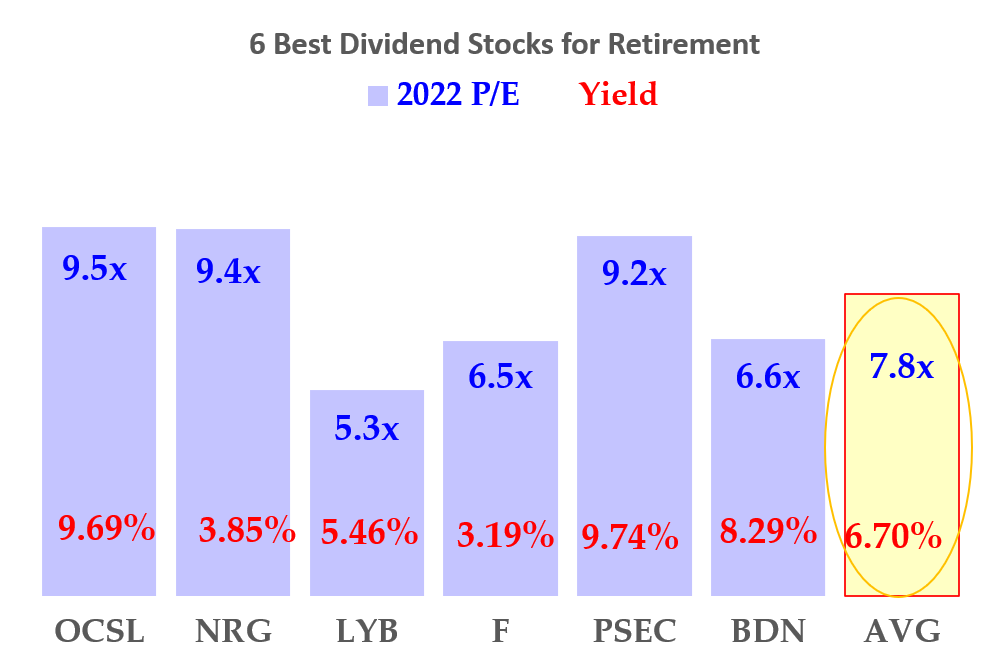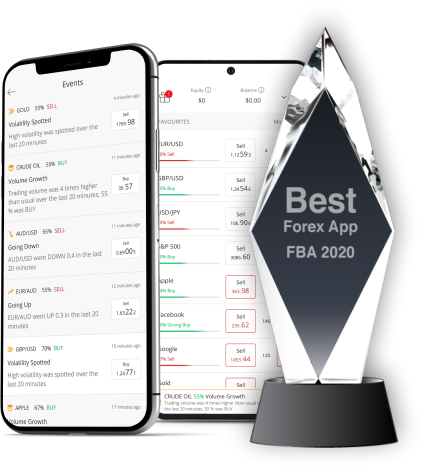
High dividend large cap stocks are a great way to increase your dividends. These companies are known for their high yield dividends and low P/E ratios. They generally have dividend yields of 3.4% or more. Below are 7 such stocks, each with a P/E ratio of under 20 and a dividend yield of over three percent.
Microsoft
Microsoft is a high-growth stock with large capital that pays a steady dividend. Microsoft has a history that has witnessed dividend increases and its earnings per shares have grown at an average rate (24% per year) over the past five-years. It also has a low payout percentage, which is a good thing for dividend stocks. In addition, it's expected to increase its dividend by 10% a year over the next five years.
Microsoft pays dividends once a year, every three months. Although the date of the dividend payment varies from month-to-month, it is usually within the third week. Prospective investors must know this date, in order to complete the investment BEFORE ex-dividend.

Johnson & Johnson
If you're looking for a high dividend large cap stock, Johnson & Johnson is an excellent option. Johnson & Johnson boasts a 2.4% dividend yield, which is significantly higher than the S&P500 average. It also has a solid company model and a strong name. The company has been a leader in the field of health care for many years and its shares have risen each year. If you are looking for a stock that is growing quickly, there are other options.
Johnson & Johnson has consistently brought new products onto the market. It is now a leader within a number of categories in health care. The company's market cap today is $435billion. It generates $98billion of annual revenue. It is a stock with a market cap exceeding $200 billion, making it mega-cap. It just reported its second quarter financial results and exceeded analysts' expectations. Its revenue increased by 3% to $24 billion year-over-year and its adjusted earnings per share jumped from $2.59 a $2.68 to a record.
Lowe's
If you're a long-term income investor looking for a strong stock with a solid dividend history, Lowe's may be the stock for you. The company has a long history of dividend growth, a low payout rate, and healthy earnings. Lowe's has increased its dividend for 60 consecutive years. The company is able to fund its dividend growth with low debt levels, and can execute share repurchases and invest in the business to fuel future earnings growth.
Lowe's also has a Stock Advantage Direct Stock Buy Plan. This program allows new investors purchase Lowe stock shares and automatically increases existing investors holdings. Participants also have the option of automatically reinvesting their dividends.

Target
Target is a great dividend stock for investors looking to invest in large-cap retail stocks. While Target's stock is undervalued in today’s markets, its growth prospects seem very bright. Over the past 50 year, the company has increased its dividend every year and will likely continue this trend. The company's profits have increased dramatically as well.
The company has a clear strategy: it sells high-quality merchandise at discount prices and through digital channels. Target management recognizes that it can have a competitive advantage in its stores and be an omnichannel retail success story. Target has made investments in supply chain logistics to improve efficiency and renovated its stores.
FAQ
Why is marketable security important?
The main purpose of an investment company is to provide investors with income from investments. It does so by investing its assets across a variety of financial instruments including stocks, bonds, and securities. These securities offer investors attractive characteristics. They may be safe because they are backed with the full faith of the issuer.
It is important to know whether a security is "marketable". This is how easy the security can trade on the stock exchange. Securities that are not marketable cannot be bought and sold freely but must be acquired through a broker who charges a commission for doing so.
Marketable securities include common stocks, preferred stocks, common stock, convertible debentures and unit trusts.
These securities are a source of higher profits for investment companies than shares or equities.
How Share Prices Are Set?
The share price is set by investors who are looking for a return on investment. They want to make money from the company. They buy shares at a fixed price. If the share price increases, the investor makes more money. If the share price falls, then the investor loses money.
An investor's main goal is to make the most money possible. This is why they invest in companies. They can make lots of money.
How Do People Lose Money in the Stock Market?
Stock market is not a place to make money buying high and selling low. You can lose money buying high and selling low.
The stock market is an arena for people who are willing to take on risks. They would like to purchase stocks at low prices, and then sell them at higher prices.
They expect to make money from the market's fluctuations. But if they don't watch out, they could lose all their money.
Statistics
- The S&P 500 has grown about 10.5% per year since its establishment in the 1920s. (investopedia.com)
- Ratchet down that 10% if you don't yet have a healthy emergency fund and 10% to 15% of your income funneled into a retirement savings account. (nerdwallet.com)
- "If all of your money's in one stock, you could potentially lose 50% of it overnight," Moore says. (nerdwallet.com)
- Our focus on Main Street investors reflects the fact that American households own $38 trillion worth of equities, more than 59 percent of the U.S. equity market either directly or indirectly through mutual funds, retirement accounts, and other investments. (sec.gov)
External Links
How To
How to Trade on the Stock Market
Stock trading involves the purchase and sale of stocks, bonds, commodities or currencies as well as derivatives. Trading is French for traiteur, which means that someone buys and then sells. Traders sell and buy securities to make profit. It is one of the oldest forms of financial investment.
There are many different ways to invest on the stock market. There are three types of investing: active (passive), and hybrid (active). Passive investors only watch their investments grow. Actively traded investors seek out winning companies and make money from them. Hybrid investors combine both of these approaches.
Passive investing is done through index funds that track broad indices like the S&P 500 or Dow Jones Industrial Average, etc. This is a popular way to diversify your portfolio without taking on any risk. You can just relax and let your investments do the work.
Active investing involves selecting companies and studying their performance. Active investors look at earnings growth, return-on-equity, debt ratios P/E ratios cash flow, book price, dividend payout, management team, history of share prices, etc. Then they decide whether to purchase shares in the company or not. They will purchase shares if they believe the company is undervalued and wait for the price to rise. On the other hand, if they think the company is overvalued, they will wait until the price drops before purchasing the stock.
Hybrid investments combine elements of both passive as active investing. A fund may track many stocks. However, you may also choose to invest in several companies. You would then put a portion of your portfolio in a passively managed fund, and another part in a group of actively managed funds.